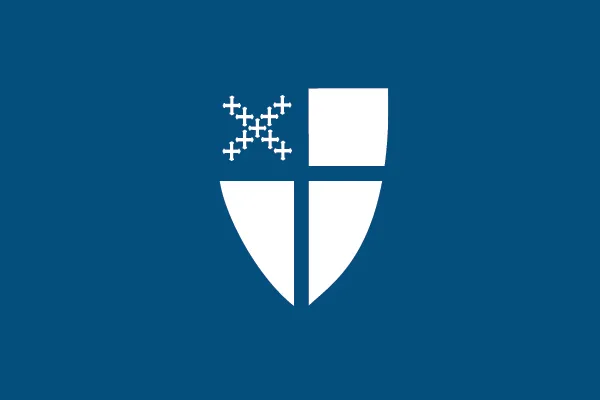
West Indies primate hopes reparations project can lead to renewal and reconciliationPosted 55 mins ago |
[Episcopal News Service] The London, England-based agency United Society Partners in the Gospel has committed $8.7 million to a long-term project in Codrington, Barbados, as part of reparations for its involvement in slavery on the eastern Caribbean island.
The “Renewal & Reconciliation: The Codrington Reparations Project” will work in partnership with Codrington Trust and the Church in the Province in the West Indies. Barbados is an independent Commonwealth nation.
The agency said it will work over the next 10-to-15 years with descendants of the enslaved people on four areas: community development and engagement; historical research and education; burial places and memorialization; and family research.
The Most Rev. Howard Gregory, bishop of the Anglican Diocese of Jamaica and the Cayman Islands and the West Indies primate, said he welcomed news of the project. He added, “It is our hope that, through this reparations project, there will be serious reckoning with the history of the relationship between The Codrington Trust and USPG, but also a process of renewal and reconciliation that will be healing of the pain of the past.”
The West Indies became a self-governing Anglican province in 1883. It is made up of two mainland dioceses and six island dioceses, including Barbados, Belize, Guyana, Jamaica, Nassau and the Bahamas, Tobago, Trinidad and the Windward Islands.
United Society Partners in the Gospel, formerly known as the Society for the Propagation of the Gospel, said it has long been aware of its disgraceful links to the slave trade. In 1710, it received a bequest from Sir Christopher Codrington for two plantations in Barbados. Between 1710 and 1838, SPG benefitted from the labor of enslaved persons on the Codrington Estate.
The Rev. Duncan Dormor, general secretary of USPG, said in a press statement, “USPG is deeply ashamed of our past links to slavery. We recognize that it is not simply enough to repent in thought and word, but we must take action, working in partnership with Codrington where the descendants of enslaved persons are still deeply impacted by the generational trauma that came from the Codrington Plantations.”
The project is slated to begin in the spring of 2024.

